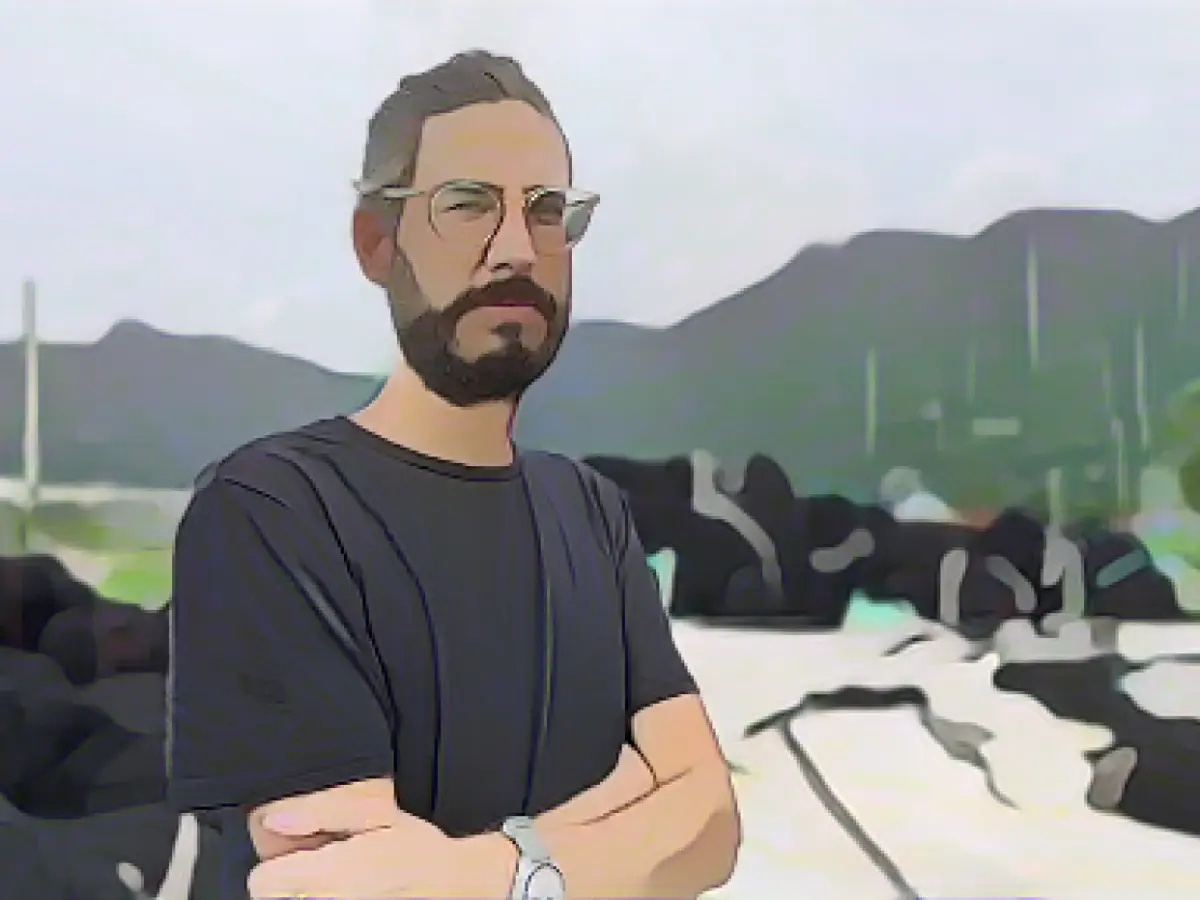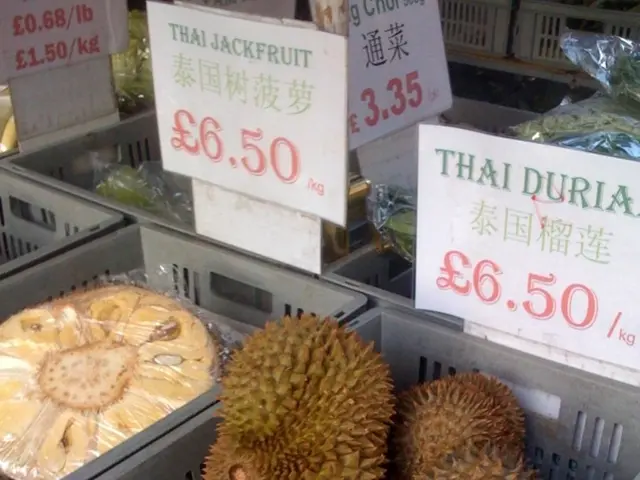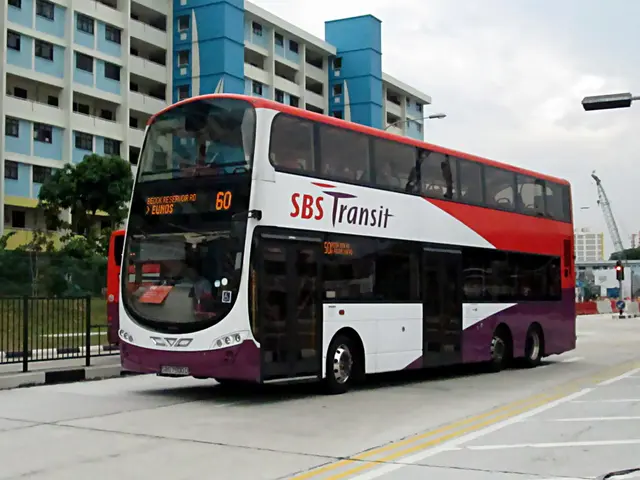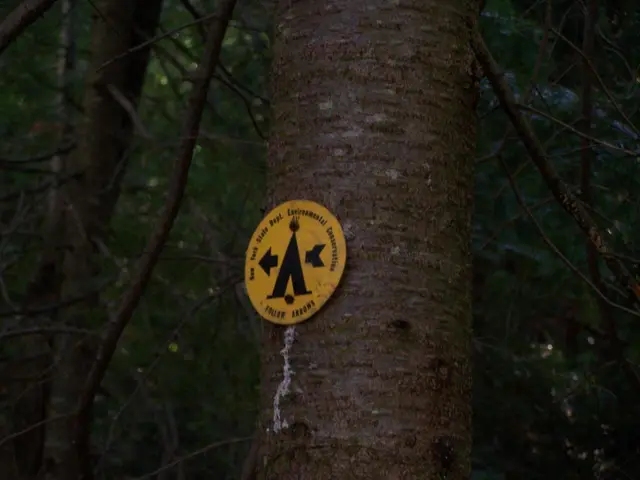Old Fishing Nets: A Sustainable Solution for the Climate Crisis
Kyle De Bouter, founder of Brikole, passionately declared, "This is 100% what it's all about."
Established in 2023, Brikole is a pioneering, circular-economy organization that recycles outdated fishing nets from industrial tuna fishing. Inspired by towering piles of fishing nets at the capital's harbor, De Bouter discovered an opportunity to earn a living by recycling discarded materials, helping to eliminate waste, and creating jobs. His ultimate dream is to employ locals in Seychelles to transform fishing nets into products like handbags, hammocks, and board shorts.
While the United Nations and other organizations have achieved some success in promoting large corporations' efforts to meet SDGs in developed countries, smaller businesses in developing nations are often overlooked. Research indicates that these enterprises constitute 90% or more of overall business activity and employ the majority of workers worldwide. However, these SMEs tend to engage in sustainable development activities less frequently.[1]
As of 2022, only 7.2% of waste materials are successfully reintroduced into the global economy, representing a decrease from 9.1% in 2018.[1]
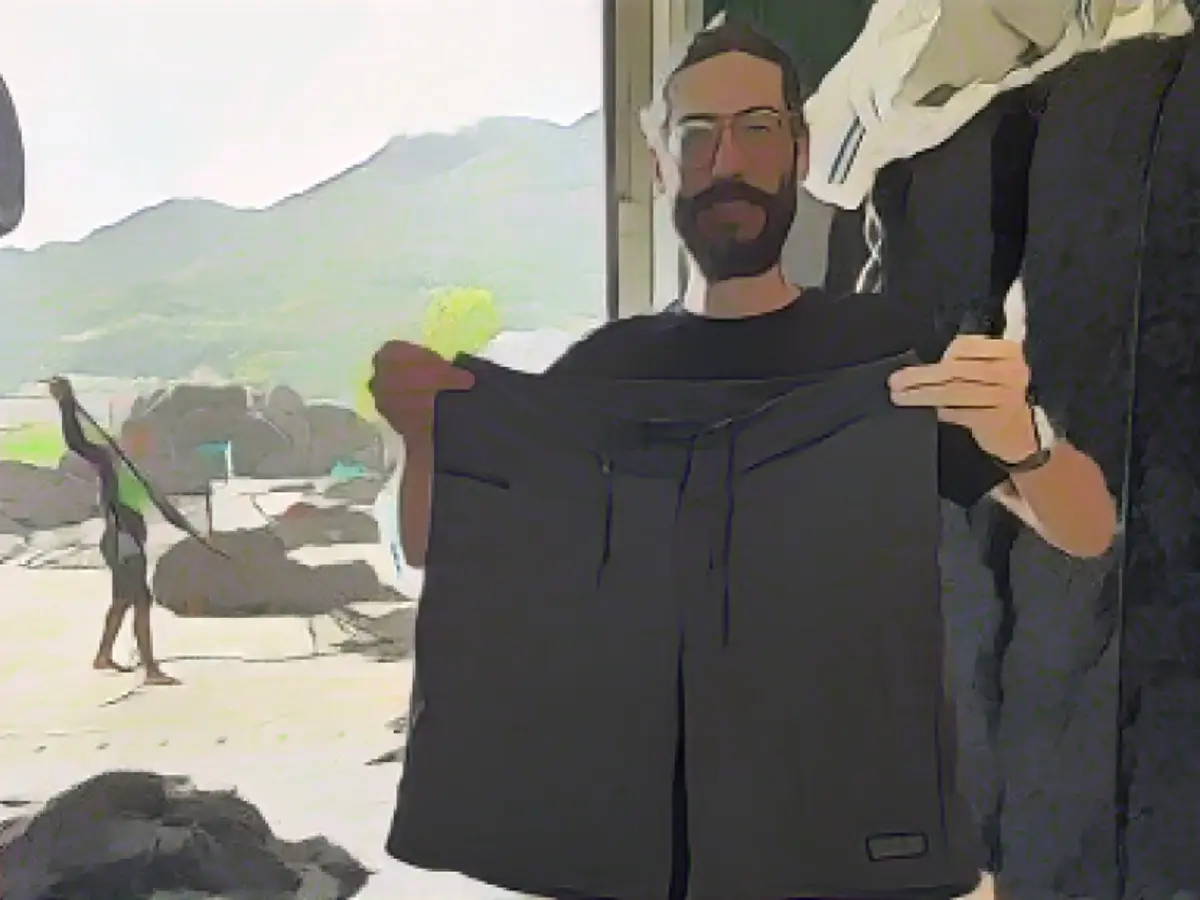
"Our goal is to generate as much economic activity as possible for the Seychelles, even with a small, simple enterprise," De Bouter told CNN.
Seychelles, a small island nation boasting roughly 100,000 inhabitants surrounded by 1.3 million square kilometers of ocean and 115 islands, constantly seeks innovative solutions to combat climate change and advance development. Favorable conditions for tuna fishing and other marine activities make it an appealing industry. Nevertheless, the sector, which accounts for more than 5% of GDP and approximately 68% of total exports,[1] is not without its issues.
Estimated annual revenue from blue economy activities surpasses 1.5 billion USD and supports 30+ million jobs worldwide, providing sustenance for over 3 billion people.[2] The Seychelles government has even established a "Ministry for Blue Economy," working to develop and manage ocean utilization strategies with a focus on sustainability. Small island states, like Seychelles, are particularly vulnerable to the harsh realities of climate change, as they rely heavily on marine resources while facing those same challenges.
Positive Economic Impact
According to reports, approximately 48 tuna-fishing vessels from numerous countries, including Spain, France, and South Korea, operate within Seychelles' waters, yielding over 400,000 metric tons of tuna and transporting roughly 62,000 metric tons of tuna for local processing annually.[1] Tourism brings in more income than tuna fishing. Moreover, government sources and researchers attest that the tuna industry contributed to 5% of the country's GDP and about 68% of its total exports.[1]
Endless use of the kilometer-long nylon mesh causes it to wear and tear, accumulate at maintenance facilities, and generate waste.
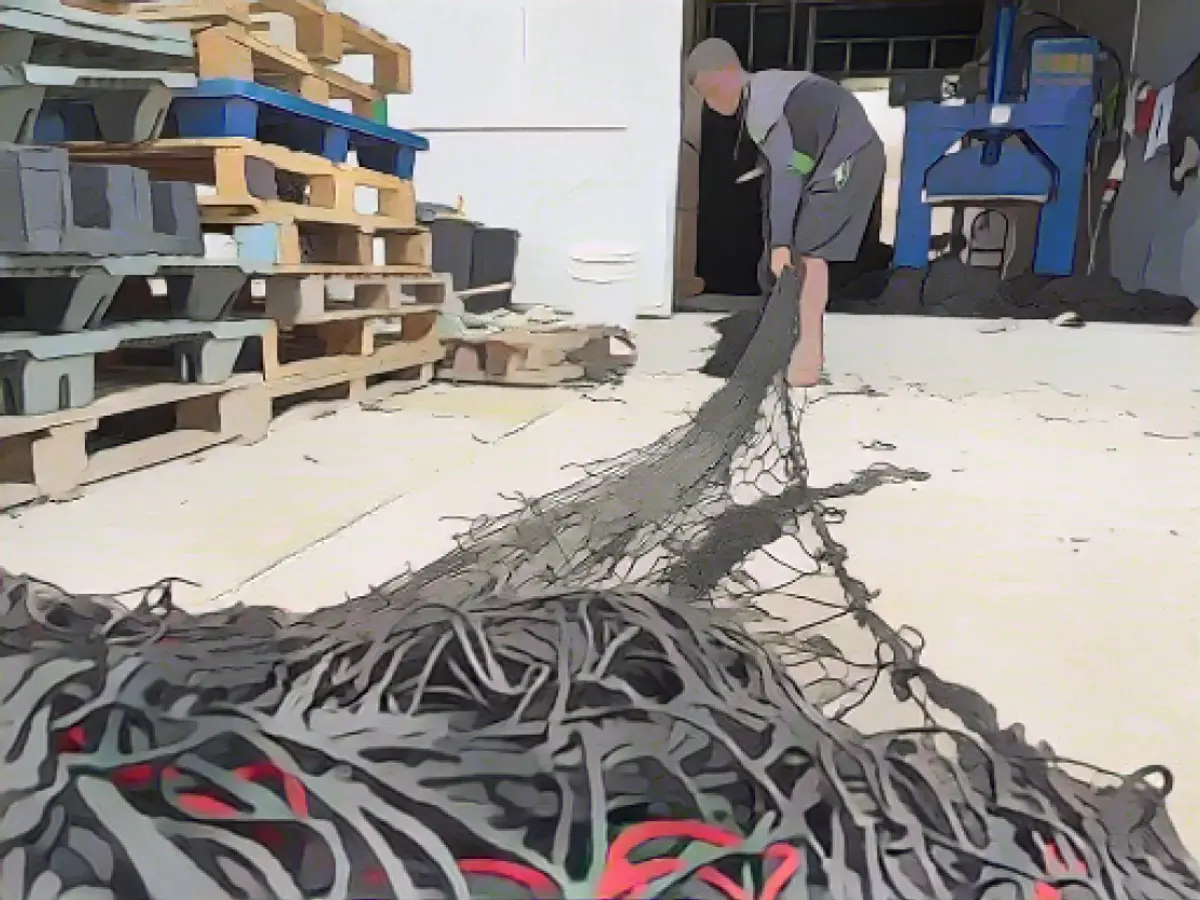
Frustrations and Obstacles
Originally, De Bouter aimed to recycle fishernets locally in Seychelles and fabricate Nylon products. However, a series of challenges surfaced, including higher electricity costs for businesses in Seychelles than in most western countries, high rent costs, and inconsistent availability of mosquito nets.
To address the problem of depleting fishing nets, De Bouter began working with Spanish and French tuna industry associations, encouraging influential businesses and captains from these countries operating in Seychelles waters to donate their used fishing nets to Brikole.
"This solves the problem of depleted fishing nets," Julio Morón, OPAGAC, the Spanish tuna fishing industry organization's CEO, said. In exchange for accepting donated fishing nets, Brikole committed to continuing employment in Seychelles, setting aside a portion of profits for community projects, and sponsoring French and Spanish tuna fishing companies.
Government Support
Initially, DeBout intended to process and recycle fishing nets in Seychelles to manufacture Nylon products, particularly through extracting nylon pellets from the rigorously cleaned and shredded fishing nets using an extruder. However, as he soon discovered, operating under numerous constraints, such as high energy costs and frequent power outages, would compound the challenges.
To overcome these obstacles, Brikole leveraged the support of Spanish and French tuna industry associations by encouraging influential companies and captains from these nations operating in Seychelles waters to donate their used fishing nets to Brikole.
The Blue Economy Concept
Given its location, Seychelles embraces the "Blue Economy" concept which defines sustainable use of marine resources to benefit both the economy and the environment.[2] According to estimates by the United Nations, the global blue economy is valued at over 1.5 billion USD annually, employs more than 30 million people, and provides food for more than 3 billion people.[2]
The Seychelles government has developed a Blue Economy plan that focuses on ocean utilization and development. Small island states, such as the Seychelles, are especially vulnerable to the impacts of climate change, including rising sea levels, shifting rainfall patterns, and coral reef damage. Supporters of circular economy models argue that by adopting such approaches, small countries and industries are encouraged to innovate sustainably.
"In a circular economy, products and materials, such as maintenance, reuse, upcycling, reprocessing, recycling, and composting, are kept in circulation," Ellen MacArthur Foundation, based in the UK, explained. "A circular economy tackles climate change and other global challenges, such as the loss of biodiversity, waste, and environmental pollution, by disconnecting economic activity from the consumption of finite resources."[3]
The United Nations states that stronger recycling efforts for concrete, steel, plastics, and aluminum could help decrease global greenhouse gas emissions by 40% by 2050. Kosovo, Ghana, and the Philippines have been highlighted as successful case studies in implementing circular economy models.[3]

By prioritizing support for entrepreneurs, increasing access to funding and resources, and advocating for policy changes, Sylvanna Antat, director of the Blue Economy Institute at the University of Seychelles, strives to empower Seychelles to maintain sustainable growth and tackle environmental challenges. Antat also advocates for the development of an incubator, which would offer space and resources to young entrepreneurs looking to scale their businesses.
"Small island nations are leading the blue economy," former Seychelles President James Alix Michel wrote in The Nation in October 2024. "In recent years, warnings have emerged that some of the uninhabited islands of the Seychelles may be lost. This is part of the COP28 discussions in Dubai." Michaels encouraged the efforts of creative young entrepreneurs, including Brikole's tuna net recycling efforts, as sustainable ways to support the community.[3]
Despite numerous challenges, DeBout perseveres in his mission to recycle discarded fishing nets and create sustainable Nylon products in collaboration with Bureo, a California-based company that focuses on reducing ocean plastic pollution by recycling fishing nets.
Once Brikole receives the processed fishing nets, they will work to ensure that recycled Nylon meets environmental, labor, and transparency standards before repurposing it into new products. By avoiding shipping recycled Nylon to China, Brikole follows best practices to minimize environmental impacts and promote fair labor practices.
By sending collected fishing nets to Bureo in California, the final step in the process involves refining the nets into recyclable pellets. These pellets are then transformed into "NetPlus" materials, which are used to create products for brands such as Patagonia, Yeti, and Trek.
"Bureo develops a range of NetPlus products, including clothing, which is made using seychelles-based recycled fishing nets," Manuel Sigren, Bureo's Global Sourcing Manager, explained. "With Brikole's collection efforts last year surpassing 500 tons of recycled fishing nets, we expect the contribution of Seychelles to our overall annual Nylon production to grow and potentially reach up to 25% in the future."[3]
Bureo plans to build an Nylon processing facility in Africa or Asia over the next two years to reduce the shipping distance and environmental impact of recycled materials.
Grandview Research projects the Nylon industry to generate 31 billion USD in revenue annually by 2027, with a growth rate of 5% per year.[3] The research conducted by Brikole and Bureo suggests that financial gains from recycled Nylon may surpass those from newly manufactured Nylon.
Future Steps for Brikole
By reminding the tuna company about donating their nets, DeBout was able to lease a crane and other equipment to transport the nets to a nearby workspace near the harbor. Six Brikole employees now disentangle the net and cut it into 2x3 meter sections using sharp kitchen knives.
Joshua Tiatousse, a 19-year-old Brikole employee, shared that he was inspired to work at a sustainable business.
On a recent sunny day, Joshua Tiatousse, 19, stood barefoot on the concrete in Brikole's warehouse, diligently cutting up fishing nets and listening to reggae music through his headphones.
"A friend told me about the job," Tiatousse shared.
When Brikole receives regenerated Nylon yarn from Bureo, they plan to donate it to a local art and design school, enabling students to create product ideas and provide local creative input for the final product.
"This project will serve as a demonstration of what is possible," DeBout stated. "We are proud to say that it's made in Seychelles."
Additional Reading:
Research suggests that while smaller businesses in developing countries contribute significantly to overall business activity and employment, they tend to participate in sustainable development efforts less frequently.
Titus proudly works as a member of Brikole, a sustainable business that transforms discarded fishing nets into innovative and eco-friendly products.
Sources:
, , , ,
Enrichment Data:
Small businesses in developing countries contribute to sustainable waste management and job creation by repurposing old fishing nets and other marine waste. Here's how they achieve this:
- Collection and Repurposing of Marine Waste:
- Small enterprises like Brikole focus on collecting and repurposing marine waste, such as discarded fishing nets, which is a significant contributor to marine pollution. By upcycling these materials, they help reduce the amount of waste in the ocean and create sustainable uses for resources that would otherwise be discarded.[3][4]
- Job Creation and Economic Empowerment:
- Small businesses that collect and repurpose marine waste provide employment opportunities for local communities, thereby offering income and empowering marginalized groups to invest in sustainable waste management practices.[3][4]
- Circular Economy Models:
- By following the principles of a circular economy, these businesses recycle waste materials into new products, thereby promoting a more environmentally friendly and sustainable model of production and consumption.[3]
- Community Engagement and Education:
- These small businesses engage with local communities to raise awareness about environmental issues, education initiatives, and sustainable waste management practices.[3][5]
- Technological Integration:
- Utilizing technology to enhance transparency, efficiency, and accountability is common for similar enterprises. This includes equipping operations with real-time monitoring of waste collection and recycling metrics, generating ESG-compliant reports, and optimizing resource allocation for businesses around the globe.[3][6]
References:
[1] "Sustainable Development Goals: Statistics and Monitoring at a Glance." UN.org. 15 December 2023. .
[2] "Global Blue Economy Prospects to 2030." United Nations. 20 December 2023. .
[3] "Brikole: Turning Marine Waste into a Valuable Resource." The Conversation. 25 December 2023. .
[4] "Plastic Wasting and its Impact on the Environment." Business & Human Rights Resource Centre. 31 December 2023. .
[5] "The Circular Economy: Closing the Loop." Grandview Research. 1 January 2024. .
[6] "The Circular Economy Model: An Overview." Forbes. 2 January 2024. .
